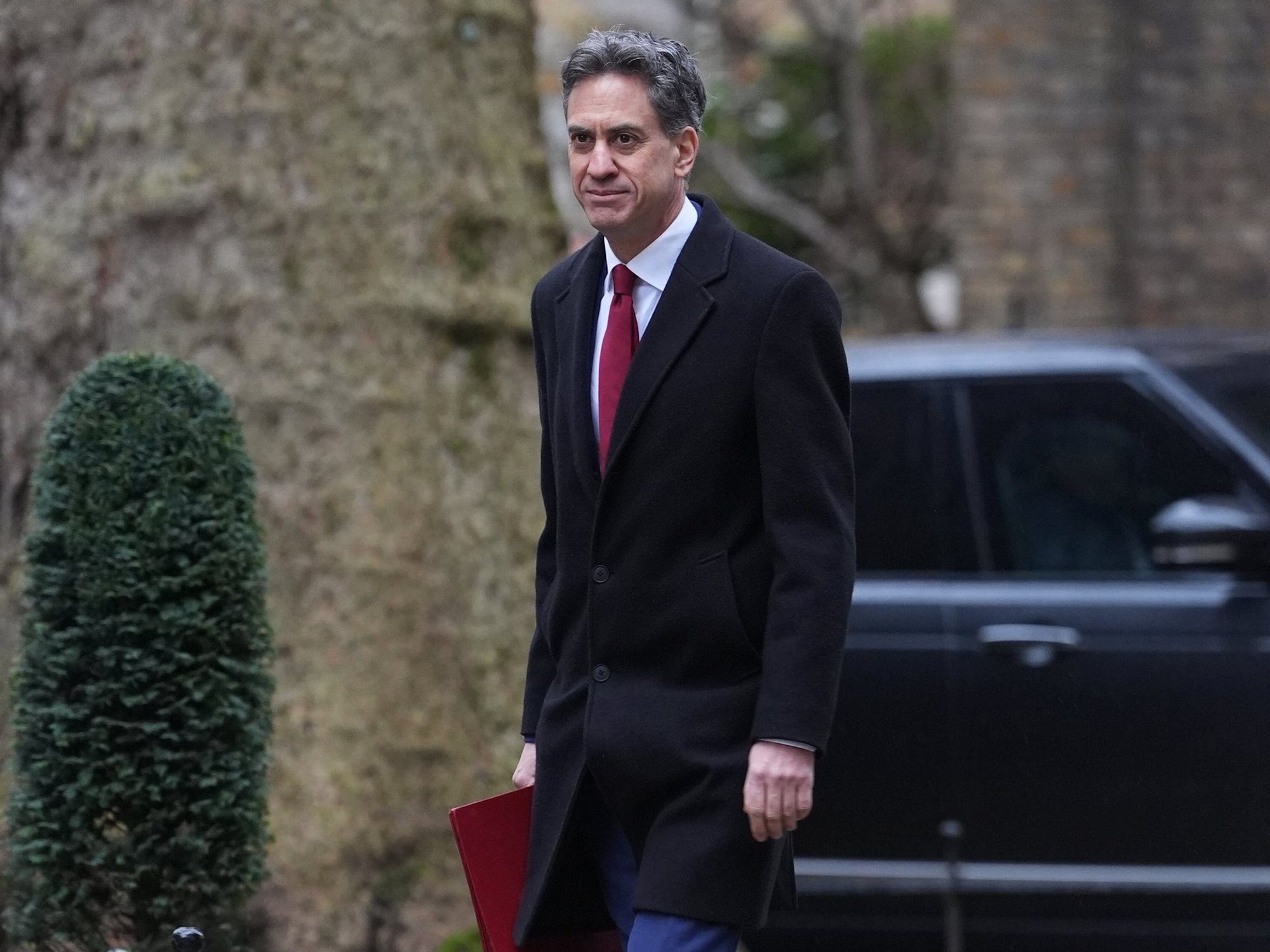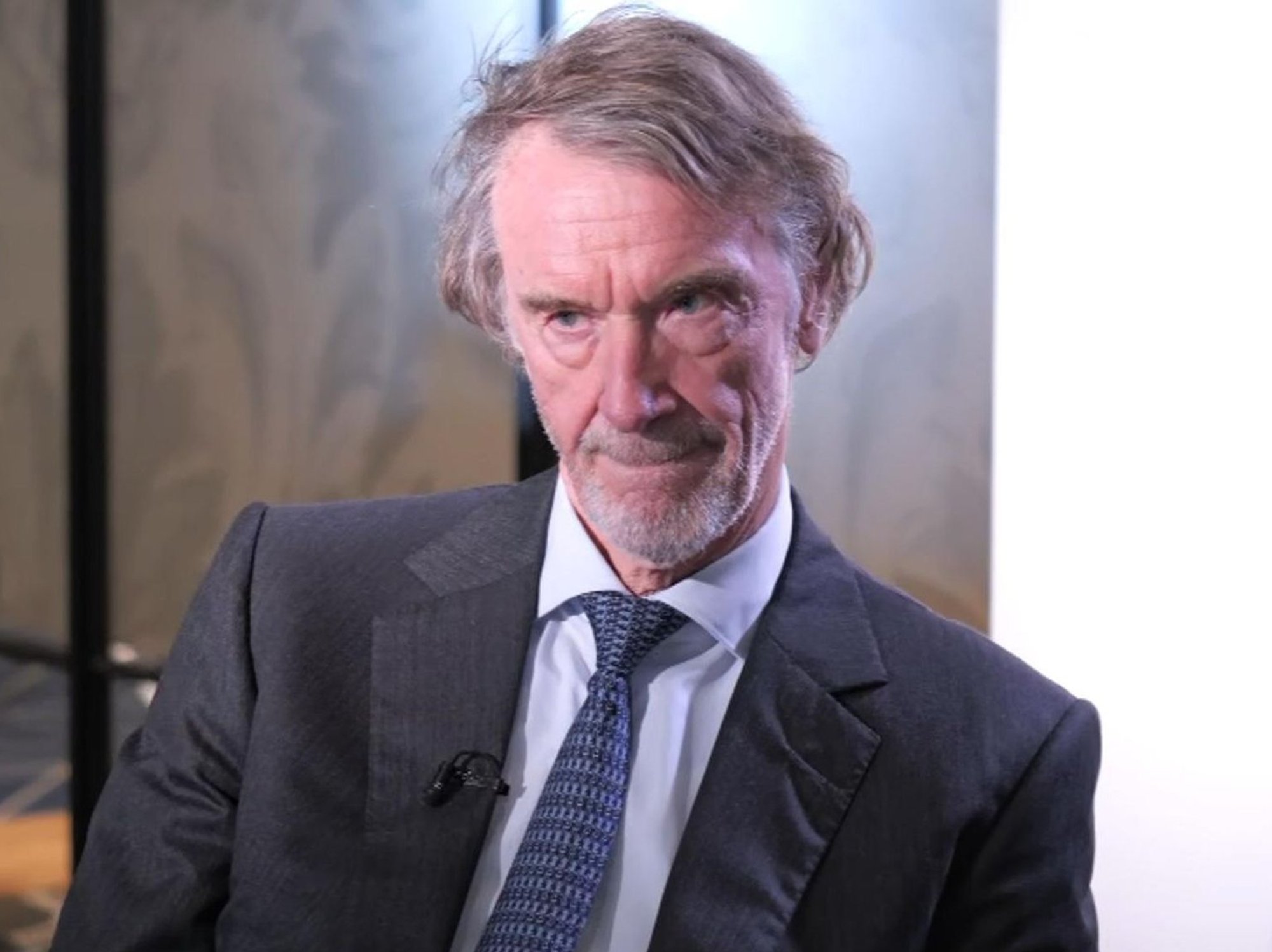Biological sex of dead trans people could be kept from pathologists as medical notes to be redacted
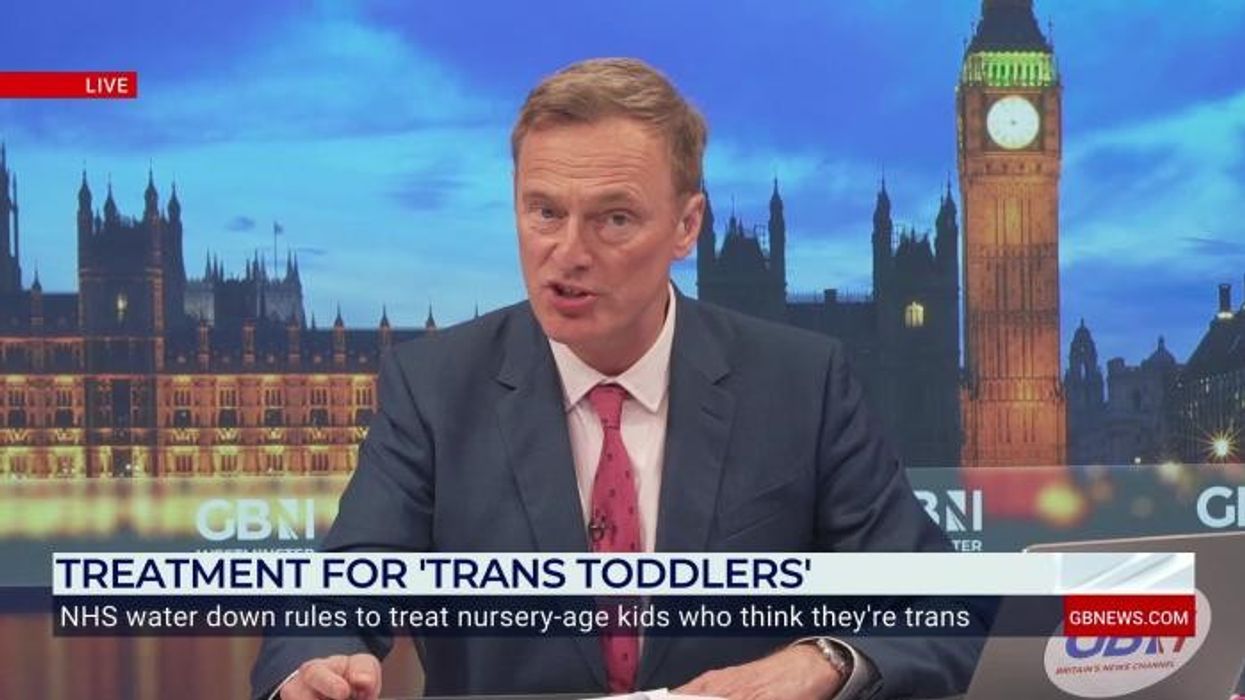
‘What on earth?’ Martin Daubney staggered as gender doctor thanks NHS for ‘treating trans toddlers’ |
GB NEWS
The biological sex of non-binary or gender fluid people can now also be 'left blank' or recorded as 'unascertained' on death certificates
Don't Miss
Most Read
Trending on GB News
Pathologists carrying out post mortem examinations on dead transgender people may no longer be told their birth sex unless it is directly related to how they died or will become obvious during the procedure.
Medical notes about the deceased sent to pathologists may even need to be redacted, to erase all mention of their biological sex, if it is for certain less intrusive examinations.
It comes as part of a bid by Chief Coroner Her Honour Judge Alexia Durran to keep the birth sexes of deceased transgender people from the public domain.
In changes to guidance published this week, the biological sex of non-binary or gender fluid people can now also be "left blank" or recorded as "unascertained" on death certificates and records of inquests.
Until the changes, death certificates had only two options for “sex” – male and female, with no “gender” or “gender identity” options, with one or the other having to be filled out.
The birth sex of the deceased is also expected to remain confidential during inquests, unless it is directly relevant to how the person died, the new guidance states.
A new chapter of the Chief Coroner's Bench Book, published by the Judiciary on June 18, called Trans people and the Coroner’s Court, said: "In the absence of the person’s consent, to disclose that someone has changed their gender should be treated as a serious step.
"A person’s gender at birth or their transgender history should never be disclosed unless it is necessary and relevant to the fundamental purpose of the coronial investigation or proceedings."
Even if their gender is deemed relevant to the death, a coroner could issue reporting restrictions to prevent its public release.
It comes after Judge Durran reached a number of views on the handling of inquests for the community.
Usually when someone dies, more can be known about them and it is not possible to libel the dead, with all privacy rights lost.
LATEST DEVELOPMENTS:
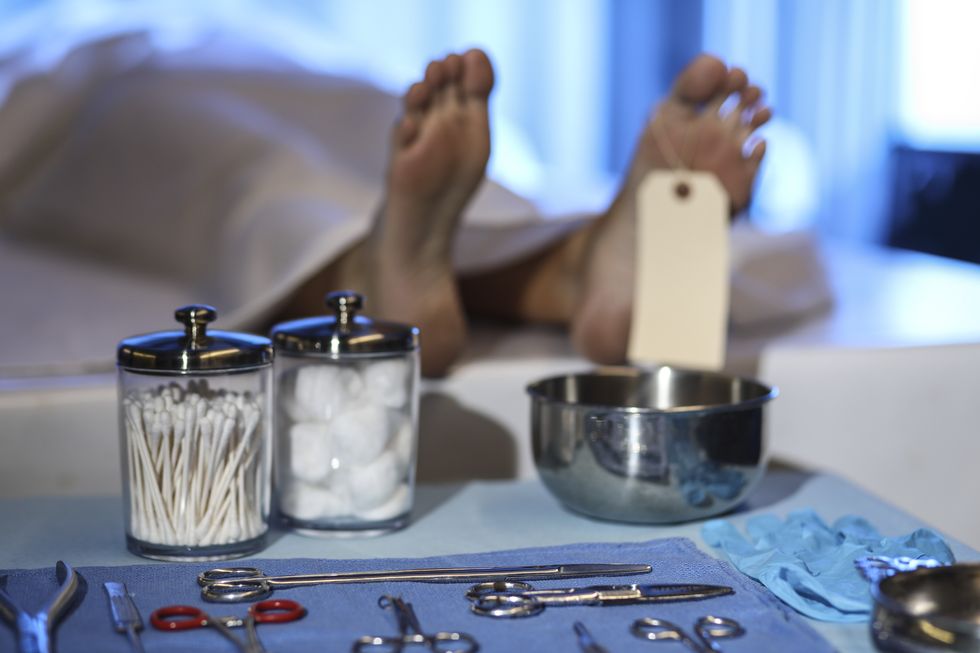
Medical notes about the deceased sent to pathologists may even need to be redacted, to erase all mention of their biological sex
|GETTY
Yet the guidance adds: "In the rare circumstances where it is necessary to disclose a person’s previous name or transgender history at an inquest, the coroner will need to consider whether Article 8 (of the European Court of Human Rights, justifies making a direction to prevent the onward disclosure of the information."
The changes could create extra work for coroners' court staff due to having to make redactions from medical notes sent to pathologists.
It said the birth sex can be revealed to a pathologist doing a full post mortem examination "if the disclosure is made for medical purposes" before the examination "if this is reasonably necessary."
It added: "Where it is not necessary for the pathologist to know the person has transitioned and the person has a Gender Recognition Certificate (GRC), it may be necessary to redact any medical notes provided to a pathologist to remove any reference to birth sex, gender dysphoria and/or treatment for the same, so as not to infringe (the Gender Recognition Act).
"This situation may arise where a limited targeted autopsy, or a ‘toxicology only’ post-mortem examination, has been requested."
The guidance does not just apply to those with a GRC, but anyone who was identifying as another gender at the time of death.
It added: "It is unusual for a participant’s gender to be an issue in a coronial case, or for it to be an essential legal requirement in an inquest for a living person to disclose their previous name or gender, unless there is some relevant dispute about this.
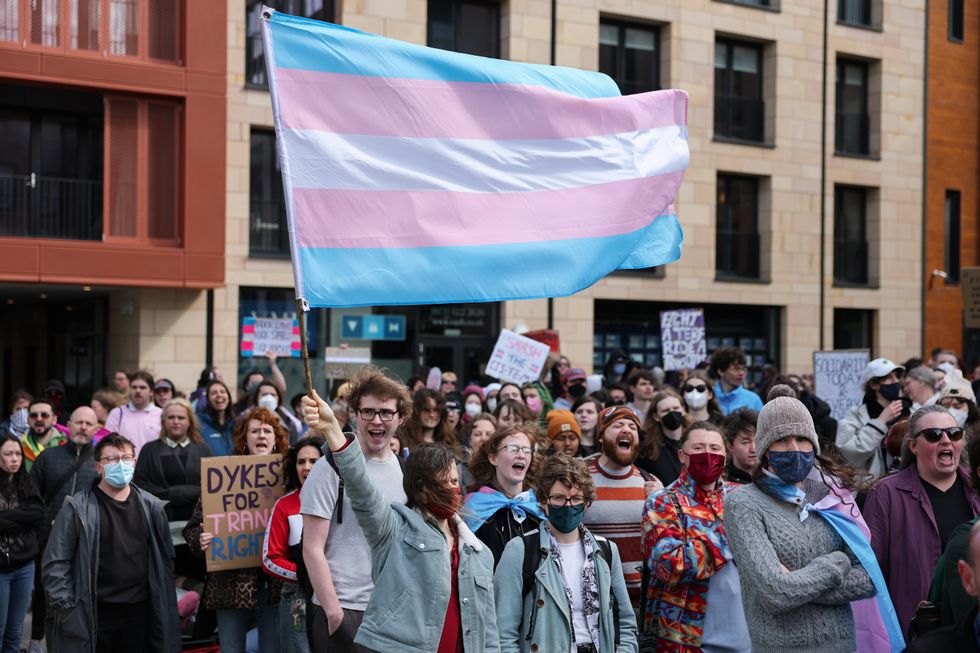
Although the dead are not subject to human rights laws, the guidance added: 'This is not only a matter of respecting a person’s dignity and offering appropriate courtesy to court users'
|GETTY
"Making inquiries into someone’s previous name or gender, or requiring them to state their previous name or gender in public, may be intrusive and offensive."
Although the dead are not subject to human rights laws, the guidance added: "This is not only a matter of respecting a person’s dignity and offering appropriate courtesy to court users.
"To reveal this information could breach their rights under Article 8 European Convention on Human Rights (ECHR) (right to respect for private life), unless such disclosure is relevant and necessary for the proper conduct of an inquest."
The changes are likely to create headaches for coroners over which gender to record.
The guidance states: "Where the deceased has transitioned, the coroner should consider whether any observations or comments within a post-mortem examination report regarding the deceased’s trans status, or any observed anatomical structures of the deceased, are relevant to an inquest’s scope and purpose.
"The pathologist may need to be reminded of section 22 (of the GRA 2004) and be asked not to include irrelevant matters in the post-mortem examination report.
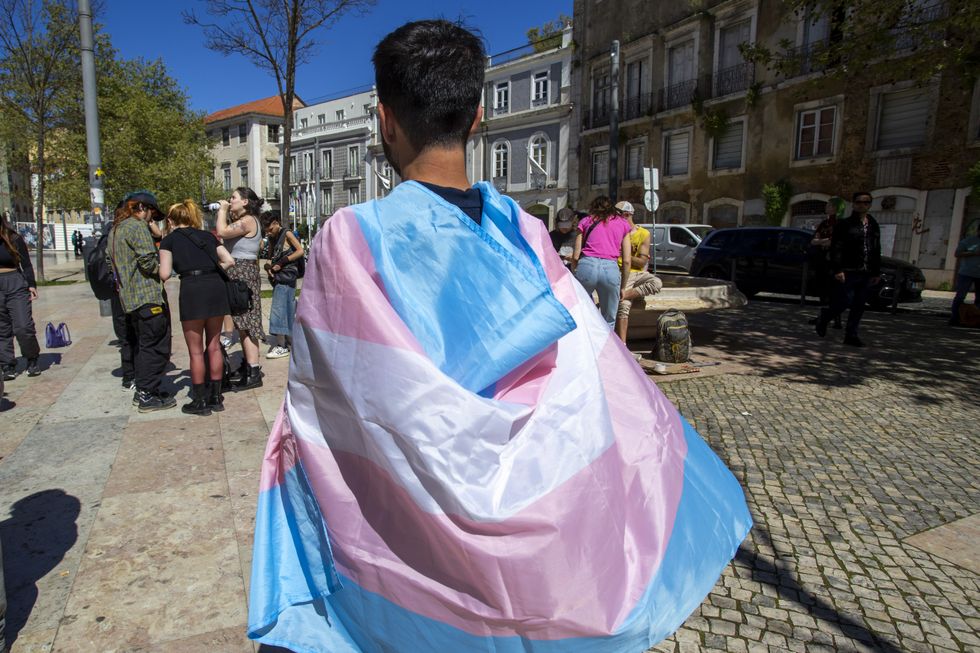
Even if their gender is deemed relevant to the death, a coroner could issue reporting restrictions to prevent its public release
|GETTY
"Alternatively, the pathologist might be asked to present any details they believe are necessary to record but which reveal a person’s trans status, in an addendum report which the coroner can then consider whether to disclose."
In some cases, coroners will have to conclude "from the available evidence" on the balance of probabilities, which gender a deceased person was presenting as.
If the coroner determines they "had chosen to present permanently as female, the coroner is entitled to regard the deceased as female and may choose to record this as their sex".
"Similarly, if after making inquiries a coroner concludes a person has chosen to present as male then the coroner can regard them as male and may choose to record the same", it added.
The changes could also create confusion for genealogists looking at family history, as it stated that: "It is the Chief Coroner’s view that the law does not prevent a trans person’s death being registered in the deceased’s experienced or acquired gender (whether the person has or has not got a GRC).
"There is no stipulated requirement for the sex recorded at death to be the same as the deceased’s birth sex, and a person’s entry on the register of deaths is not formally matched up to any entry on the register of births.
"If the Chief Coroner’s view is correct, then if a person’s experienced or acquired gender is not in dispute and the person’s trans status is not a relevant issue in the inquest for some other reason, the public and any media attending an inquest do not need to be made aware of a GRC or that the deceased was trans."
For non-binary and gender fluid cases, their sex can now be excluded.
It added: "In respect of a non-binary or gender fluid person, the position is more complicated.
There is no definition of ‘sex’ in the Births and Deaths Registration Act 1953 or in the Registration of Births and Deaths Regulations 1987, and whether "non-binary" is an acceptable category of "sex" on the register of deaths has not been considered by the courts.
"Case law has however confirmed that the Gender Recognition Panel has no power to issue a non-binary GRC[18] and that ‘sex’ in the Equality Act 2010 is a binary concept[19].
"It is therefore likely that if stated, ‘sex’ will need to be expressed as either male or female.
"However, there appears to be no reason why a coroner could not find and certify that a non-binary or gender-fluid person’s sex was ‘unascertained’ (or leave that entry on the form blank) if the coroner considered that the classification of the deceased person’s sex as being one of the two binary categories was not made out on the evidence."
GB News has approached Stonewall and the Society of Genealogists for comment.
More From GB News







